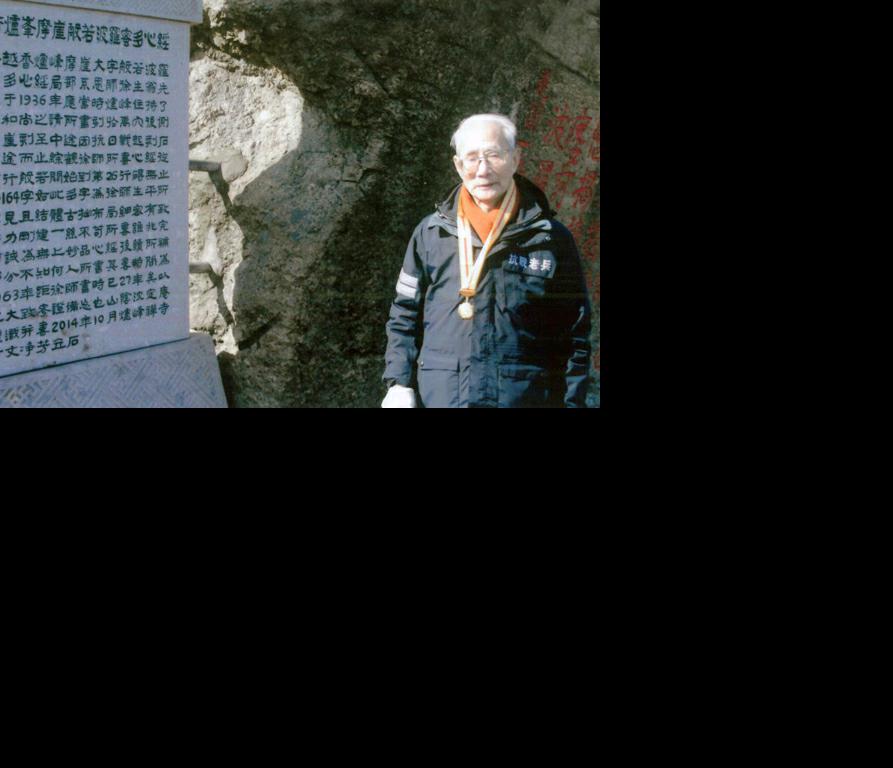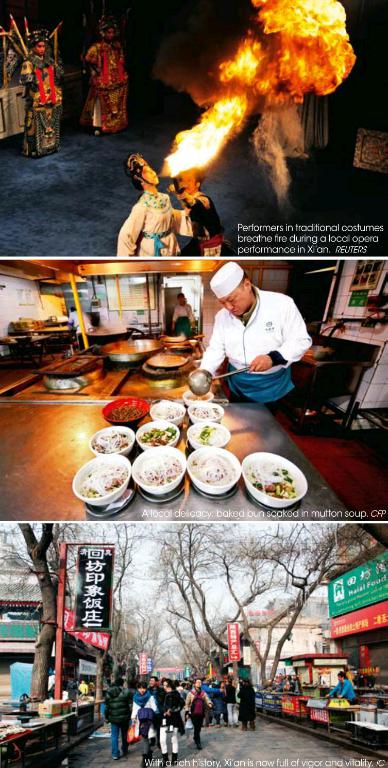The City Museum
In late March, American First Lady Michelle Obama arrived in Beijing for a seven-day tour of China. Her second stop in China was Xian, where she got face-to-face with the famed Terracotta Warriors at the citys Mausoleum of Emperor Qinshihuang (259–210 B.C.). The clay army is a collection of terracotta soldiers meant to protect the first emperor of China, Qinshihuang, in the afterlife. It has been referred to as the “eighth wonder of the world.”Located in northwestern China and capital of Shaanxi Province, Xian has a rich history of more than 3,000 years. Known as one of the four Great Ancient Capital Cities along with Athens, Rome and Cairo, Xian has served as capital of 12 dynasties. It was also the starting point of the Silk Road, where camels were loaded for long and perilous journey to Central Asia.
A world-famous tourist destination, Xian is also a treasure trove of cultural relics. The remains of past civilizations furnish evidence of every major epoch in Chinas long history, making a particularly visual textbook of Chinese culture. As dynasty after dynasty added distinctive marks to Xian, relics of old palaces, temples and tombs abound throughout the city and surrounding countryside. Tyrannical Qin Dynasty (221–207 B.C.) emperor Qinshihuang, with his capital at Xianyang, near present-day Xian, left his indelible mark through the famed Terracotta Warriors. They are a must-see attraction for every visitor to Xian.
The Great Mosque, which is still an active place of worship, is another major draw of the city. According to historical records carved on stone tablets which are still preserved in it, the mosque was erected in 742 A.D. for Muslim traders from Central Asia who settled in Xian during the Tang Dynasty (618–907). Big Wild Goose Pagoda is regarded by many as iconic of Xian. It was built to house and protect Buddhist scriptures collected by Chinese monk Xuan Zang, who spent 17 years traveling back and forth from India to add to the collection and just as much time on translation.
Xian is also honored as a “Capital of Delicacies.” Chefs in the city have absorbed styles and tastes from around the country, and adjusted them to the local flavor. A trip to Xian will not be complete without trying much of its local food. Mouth-watering cuisine and snacks including cold rice noodles, Chinese hamburgers, steamed buns, and pancakes in mutton soup are available everywhere in Xian.
